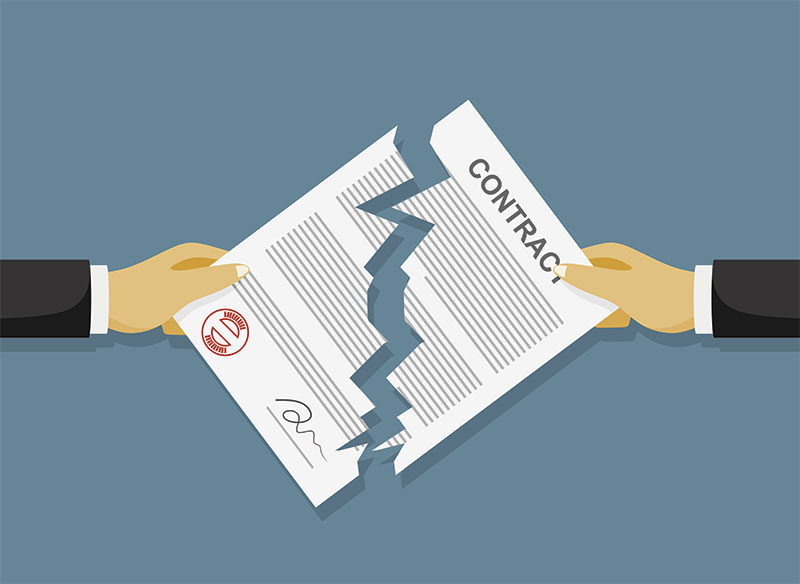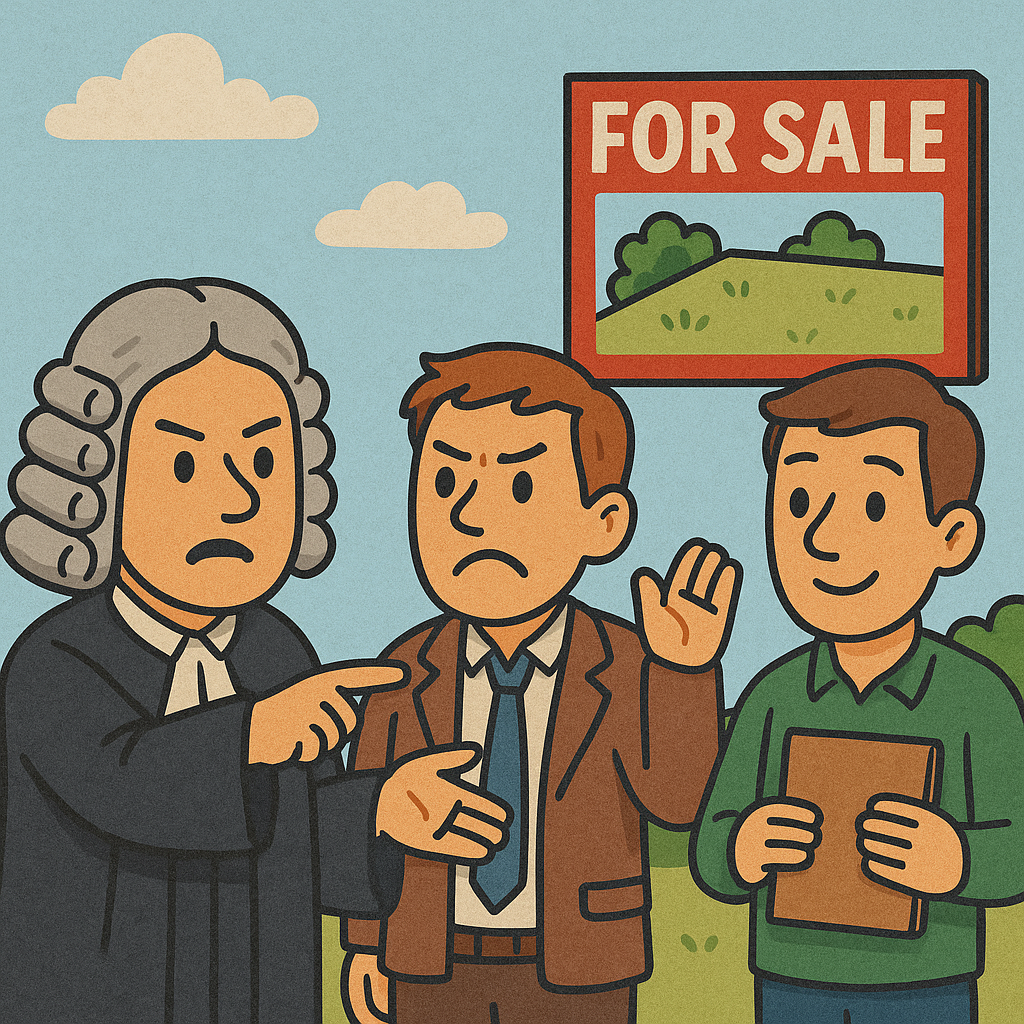Photo AI
Last Updated Sep 26, 2025
Remedies for Breach of Contract Simplified Revision Notes for Leaving Cert Business
Revision notes with simplified explanations to understand Remedies for Breach of Contract quickly and effectively.
317+ students studying
Remedies for Breach of Contract
- If one party breaches a contract, the innocent party may seek a legal remedy.
- These remedies aim to either:
- enforce the contract or
- compensate for any loss caused by the breach.
There are three main remedies available:
- Damages ( Compensation)
- Specific Performance
- Rescission (Cancel the Contract)

1. Damages (Compensation)
- This is the most common remedy.
- The injured party is awarded financial compensation to cover the loss caused by the breach. The goal is to place them in the position they would have been in if the contract had been properly carried out.
- Example: A catering company agrees to supply food for a wedding. On the day of the event, they fail to turn up, and the couple has to hire another caterer at short notice for a higher price. The couple can sue for the extra cost incurred as a result of the original company's breach.
2. Specific Performance
- The court may order the party in breach to carry out their exact obligations under the contract.
- This remedy is used when compensation would not be enough—for example, when a unique item or property is involved.
- Example: A property developer agrees in writing to sell a specific plot of land to a buyer. After signing the contract and receiving a deposit, the developer tries to back out and sell the land to someone else at a higher price. Because land is considered unique, the buyer can take the case to court and seek specific performance—a court order forcing the developer to complete the sale as agreed.

3. Rescission (Cancel the Contract)
- Rescission means the contract is set aside and both parties are returned to their original positions—as if the contract had never existed.
- Example: A person buys a car from a dealer who falsely claims it has never been in an accident. After discovering the car had major structural repairs, the buyer may seek to rescind the contract, return the car, and get their money back.
500K+ Students Use These Powerful Tools to Master Remedies for Breach of Contract For their Leaving Cert Exams.
Enhance your understanding with flashcards, quizzes, and exams—designed to help you grasp key concepts, reinforce learning, and master any topic with confidence!
70 flashcards
Flashcards on Remedies for Breach of Contract
Revise key concepts with interactive flashcards.
Try Business Flashcards7 quizzes
Quizzes on Remedies for Breach of Contract
Test your knowledge with fun and engaging quizzes.
Try Business Quizzes29 questions
Exam questions on Remedies for Breach of Contract
Boost your confidence with real exam questions.
Try Business Questions27 exams created
Exam Builder on Remedies for Breach of Contract
Create custom exams across topics for better practice!
Try Business exam builder84 papers
Past Papers on Remedies for Breach of Contract
Practice past papers to reinforce exam experience.
Try Business Past PapersOther Revision Notes related to Remedies for Breach of Contract you should explore
Discover More Revision Notes Related to Remedies for Breach of Contract to Deepen Your Understanding and Improve Your Mastery
